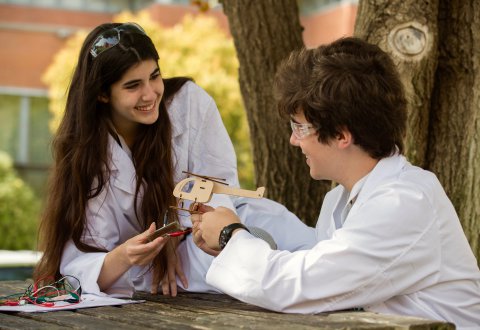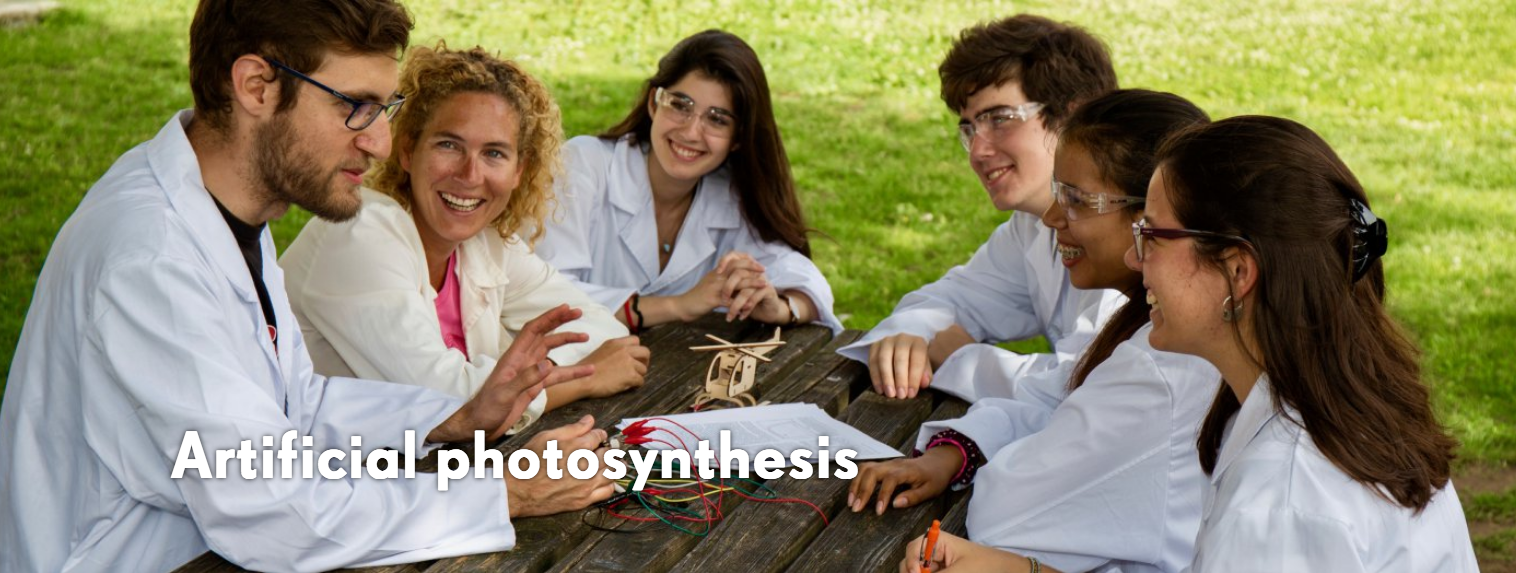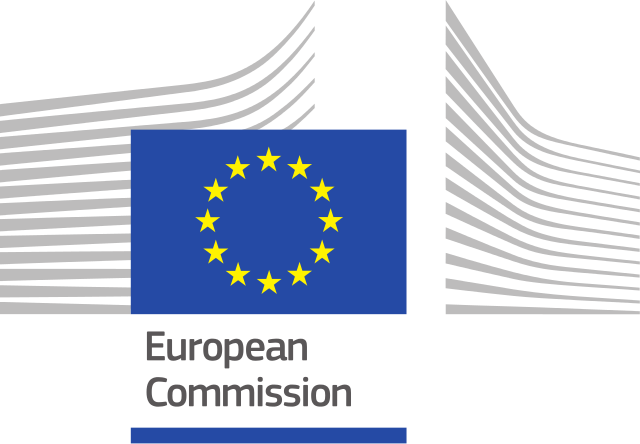
The Barcelona International Youth Science Challenge (BIYSC) is a two-week international excellence program that aims to stimulate scientific talent among young students from all over the world. It is meant to encourage their enthusiasm for pursuing scientific research and careers in science.
BIYSC offers up to 100 participants a world-class experience by allowing them to work in English in small groups, on different scientific and technological challenges proposed by international research centers based in Catalonia, who are involved in cutting-edge research. The program also allows their participants to enjoy the company of peers with the same passions.
During BIYSC 2017, ICIQ offered a 2-week course on artificial photosynthesis for 7 international students –4 Spanish, 1 Italian, 1 Korean and 1 Dutch. Below you may find the project description.

Do you imagine obtaining energy from water and light, as plants do? What if we could create an artificial leaf capable of doing the photosynthesis and use the energy produced as fuel to use in our daily life? In this project you will learn how to copy the natural photosynthesis process in the lab to discover different ways to use and store solar energy.
We would like to make students aware of how chemistry plays a critical role in the search for new energy solutions by providing sustainable alternatives to fossil fuels. The production of hydrogen from water is one of the most promising opportunities for a clean and sustainable energy production. The students participating in this project will see the whole process of obtaining hydrogen from water by building their own water-splitting device. To this end they will learn how to syntetize four inorganic compounds, build complete electrodes, measure different parameters of the electrodes and its efficiency, use the electrodes to obtain hydrogen from water, and investigate different catalyst materials along with their deposition solutions and conditions.
During the project, different electrodes will be tested in the water oxidation experiment and the students will draw their own conclusions. They will be required to deliver a report describing the procedure for evaluating the activity, stability and electrochemically active surface area for heterogeneous catalysts under standard conditions. At the end of the project, students will fully understand the process of water oxidation, redox reactions and catalytic reactions. They will also get expertise in performing laboratory tasks and in looking for information and references for the synthesis and characterization of catalysts. Students will get familiar with scientific articles so they can improve and deepen their knowledge in chemistry.

